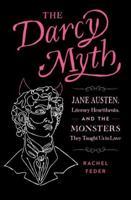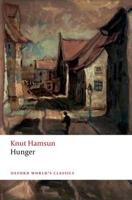Publisher's Synopsis
Siri Hustvedt is one of the few contemporary US-American authors who consistently engages with the questions of seeing and perceiving in her work. However, despite the growing academic interest in her narratives, many aspects related to the depiction of these fundamental practices have been left unaddressed in the criticism. This study aims to fill this gap by examining the concepts of seeing and perceiving as represented in both her fictional and nonfictional writings published to date and argues that Hustvedt's texts reveal the deep entanglement of the senses that inform a meaningful human experience. Drawing on phenomenology and feminist epistemology, this study highlights Hustvedt's interest in embodied cultural habits and implicit forms of knowledge that play a crucial role in the ways people perceive the world and each other. Through the motif of gender masquerade, her narratives explore how the ideas about femininity and masculinity shape people's perceptions and interactions.








